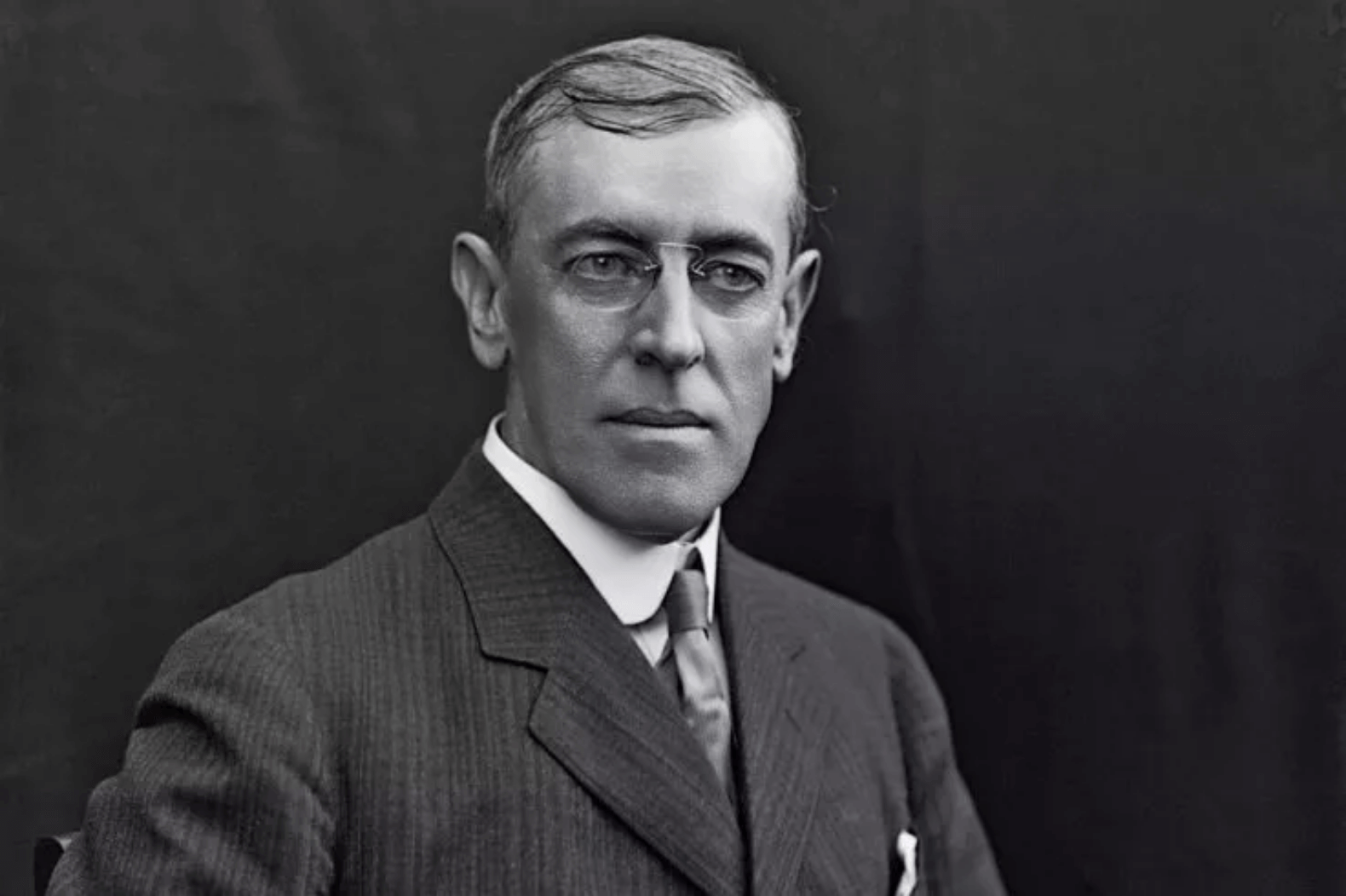Shenandoah University showcases the country’s three leading scholars on former U.S. President Woodrow Wilson during a panel discussion on March 18.
Patricia O’Toole, John Milton Cooper and Thomas J. Knock, the three preeminent scholars on Wilson and his times, present “Breaking The Heart Of The World: Woodrow Wilson And The League Of Nations” at 6:30 p.m. Wednesday, March 18, in Hester Auditorium in Henkel Hall. The event is free and open to the public.
This is a rare opportunity for an audience to see three giants of historical writing on one stage. One of the great aspects of having these three Wilson scholars on campus at the same time is being able to draw on their knowledge and expertise in a way that can aid us in understanding the dilemmas that confront the United States today as a global power, while simultaneously informing us about perspectives on presidential leadership at a time when our republic gears up for another presidential election.”
Jonathan Noyalas ’01, M.A., director of the McCormick Civil War Institute
The panel discussion will explore the historical events surrounding Wilson’s ultimately ill-fated League of Nations, which was signed into being through the Treaty of Versailles in Paris in June 1919. The League of Nations was the first worldwide congress of nations designed to promote global peace, but despite being hailed as a hero in post-World War I Europe, Wilson returned home to mobilized opposition that led to rejection of the treaty.
This panel offers historical perspective on a range of important issues that challenge us today. Wilson’s role in postwar negotiations raised the question, then as now, as to the role the United States and the president can and should play in global affairs. Wilson believed that the United States has a moral responsibility to ‘make the world safe for democracy.’ Is such a role still resonant in the 21st century? Was it ever? The story of the League of Nations also poses questions about the efficacy of international collective action—an important issue at a time when collective security and economic integration is falling under increased scrutiny.”
Jeff Coker, Ph.D., dean of the College of Arts and Sciences and professor of history
Patricia O’Toole
O’Toole is professor emerita at the School of the Arts at Columbia University in New York. She is the author of five books, including “The Five of Hearts: An Intimate Portrait of Henry Adams and His Friends,” which was a finalist for the Pulitzer Prize, the National Book Critics Circle Award, and the Los Angeles Times Book Prize.
John Milton Cooper
Cooper is professor emeritus of history at the University of Wisconsin. He is the author of several books including “Woodrow Wilson: A Biography,” which was a Pulitzer Prize finalist.
Thomas J. Knock
Knock is professor of history and chair of the Clements Department of History at Southern Methodist University in Texas, as well as distinguished fellow at SMU’s Center for Presidential History. He has authored several books, including “The Rise of a Prairie Statesman, The Life and Times of George McGovern,” which won the 2017 PROSE Award for Biography from the Association of American Publishers. He currently is a trustee of the Woodrow Wilson Presidential Library in Staunton, Virginia.
One Big Question
The panel discussion is part of Shenandoah University’s College of Arts and Sciences’ inaugural One Big Question series, which this year asks students and faculty “What Makes a Great President?” The series explores the qualities of presidential leadership, lessons to be learned through presidencies and how leaders of democratic nations around the globe have addressed matters and reacted in times of crises.
The goal of One Big Question is to engage the campus and broader community in open, respectful and civic dialogue on critical topics of the day. The series uses a mix of invited speakers, faculty lectures, cultural performances, specially designed courses, and other events to highlight and discuss a specific question chosen for each academic year.
For more information, visit https://www.su.edu/obq/.




